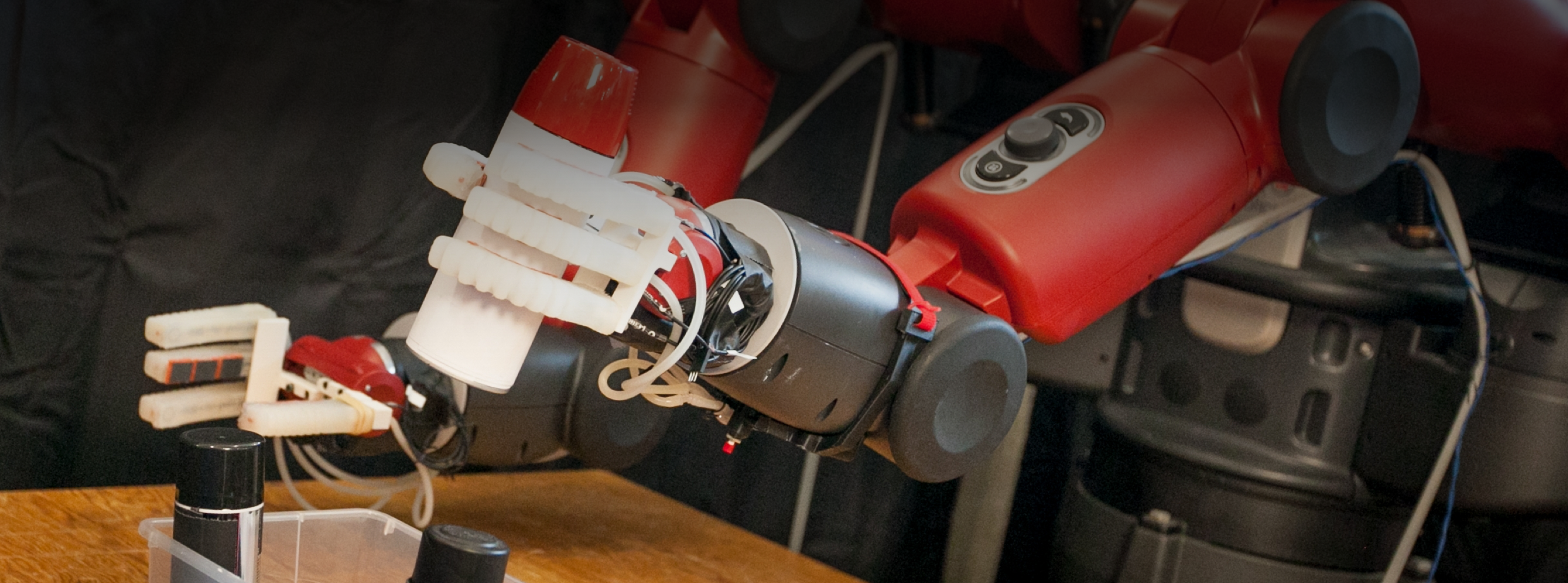Written by: Matthew Busekroos | Produced by: Nate Caldwell
Originally from Hubei Province in China, Zhutian Yang earned a bachelor's degree in information engineering and media at Nanyang Technological University in Singapore. When Yang was a sophomore, she stumbled upon MIT's undergrad Intro to AI course on YouTube. Yang said she was mesmerized not only by the algorithms and their applications, but also the passion and creativity of the instructor, Professor Patrick Winston. This instilled her desire to continue her education at MIT.
Yang is now a PhD candidate at CSAIL working on robot learning and robot planning for long-horizon mobile manipulation problems. She is co-advised by Professors Leslie Kaelbling and Tomás Lozano-Pérez in the Learning and Intelligent Systems (LIS) group.
“For me, [Professors Kaelbling and Lozano-Pérez] exemplify how to be good scientists, teachers, leaders, and human beings,” Yang said. “During weekly one-on-ones, they advise me on projects, offering great ideas and suggestions. I learned how to choose research topics, how to read and criticize, how to communicate and write, how to mentor students, how to create a psychologically safe environment, how to joke, and so much more. My research group is also the most supportive, collaborative, and fun lab that I could ever hope for.”
One of the directions Yang is making progress on is solving open-ended household problems given to mobile robots by integrating the common-sense knowledge of large language models (LLM) with the geometric reasoning abilities of task and motion planners. While LLMs occasionally err in their reasoning and decision-making processes for robots, Yang posits that these errors can be identified and rectified by planning algorithms. This synergy enables the solving of complex problems that would be insurmountable for each component working in isolation.
“I'm also very excited about solving multi-step robot manipulation planning problems using generative models,” she said. “We have published a paper in the Conference of Robot Learning last year that shows we can learn to solve the continuous part of the problems by composing diffusion models. Now we are working on solving the discrete parts, thus the whole problem with the same line of methods.”
Yang said this will have a meaningful impact on building efficient and reliable robots for the manufacturing, logistics, and service sectors.
“We are advancing steadily into the era of AI and robotics,” Yang said. “Although robots have made their mark in manufacturing, logistics, and other structured environments, we have yet to see free-range robots with arms and intelligent decision-making abilities aiding in our everyday tasks.”
Yang’s research is dedicated to enabling robots to make decision faster when given multi-step tasks in large, geometrically-complex environments. Her work spans a variety of practical applications, from domestic and service tasks like cooking and reorganizing conference rooms to more industrial functions such as logistics packaging and assembly operations.
“I want to have a personal robot assistant that cooks for me and cleans the house for me please,” she said. “I want it for my family, taking care of my mother who has weak knee mobility and my grandfather who suffers from Alzheimer's disease. I want it for all the families in the world, liberating women from housework, couples from chores-related conflicts, and professionals from repetitive tasks. I believe this will happen in my lifetime and I’m devoted to this journey.”
Once Yang graduates, she wants to continue working on improving the decision-making abilities of mobile manipulation systems in the real world. After graduation, Yang sees herself joining a lab in the industry or a robotic company. She said her dream job would be to ultimately work for herself.
For more information on Zhutian Yang and her research, check out her personal website: https://zt-yang.com/

